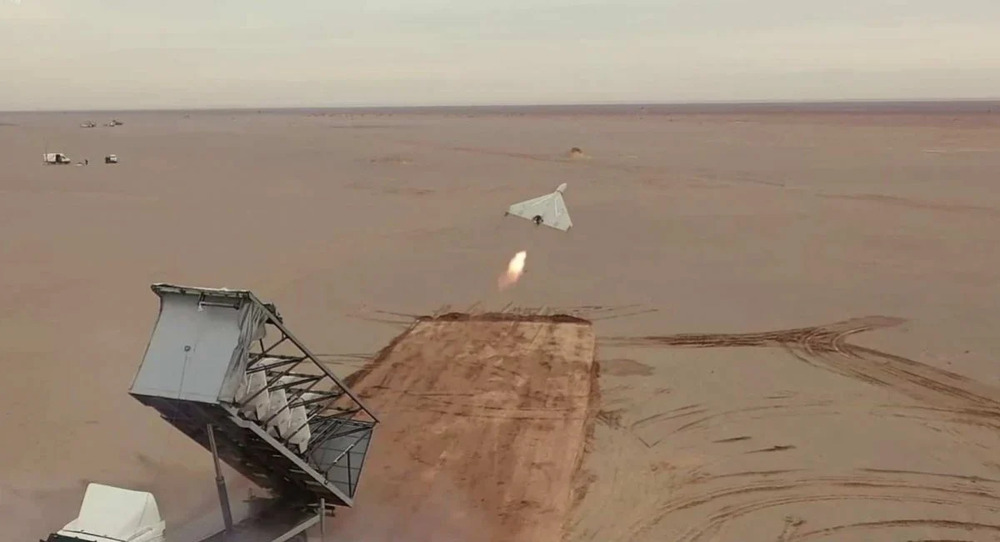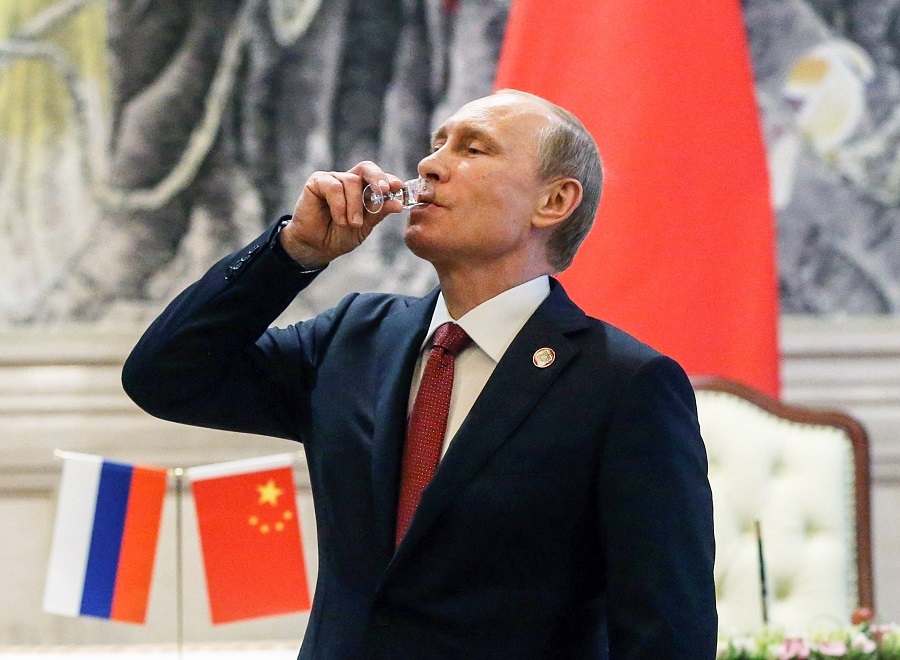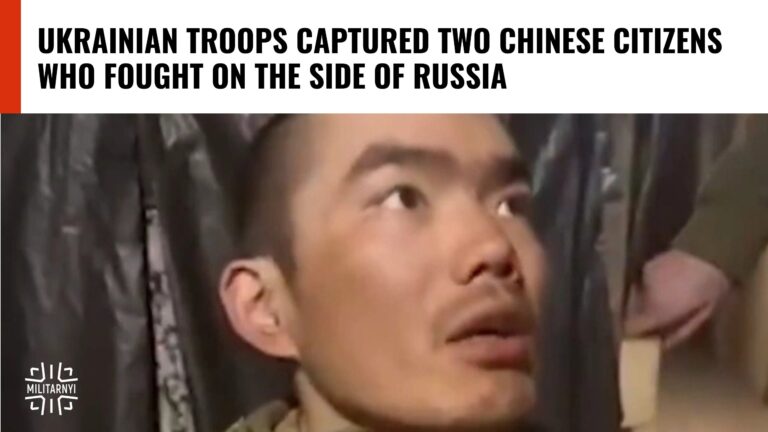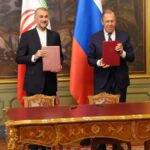Recent reports of Chinese People’s Liberation Army (PLA) soldiers allegedly captured during combat operations in Ukraine have sent shockwaves through international diplomatic and military circles. If verified, this unprecedented development marks a dramatic shift in China’s posture toward the conflict and raises complex questions about Beijing’s evolving foreign policy, its strategic calculus, and the broader implications for the U.S., Ukraine, and the global order.
Since the onset of Russia’s full-scale invasion of Ukraine in February 2022, China has maintained a position of “pro-Russian neutrality,” characterized by rhetorical support for Moscow’s security concerns while avoiding direct military involvement. Beijing repeatedly emphasized respect for territorial sovereignty and peace negotiations, portraying itself as a potential mediator.
However, this approach began to erode in 2023–2024, as Western pressure on China increased, and Sino-Russian strategic alignment deepened in economic and military terms. The alleged deployment of PLA personnel to Ukraine, even in covert or special operations roles, signals a possible recalibration of China’s global strategy—one that warrants closer scrutiny.
Alliance Signaling and Testing Western Resolve Sending soldiers may serve as a signal of strategic solidarity with Russia and a test of U.S. and NATO resolve. As tensions over Taiwan intensify, Beijing may view Ukraine as a proxy battlefield to assess Western military response, surveillance capabilities, and thresholds for escalation.
Covert Operational Experience Ukraine’s battlefield offers a rare opportunity for Chinese special forces or intelligence operatives to gain real-world experience against NATO-supplied technologies and training doctrines. This could serve to enhance PLA capabilities in hybrid and irregular warfare.
Disrupting Western Unity Beijing might calculate that its involvement would inject uncertainty into NATO’s strategy and potentially strain transatlantic unity. It could also aim to distract and divide the U.S. from its Indo-Pacific priorities.
Embedded Advisers or PMCs It’s possible that the captured individuals were not regular PLA troops but instead Chinese military contractors or advisers embedded with Russian units. This would provide plausible deniability for Beijing while still demonstrating commitment to Moscow.
Russian or Ukrainian psy-ops could benefit from the spread of misinformation regarding Chinese involvement, either to escalate pressure on Beijing or discredit it diplomatically.
Mistaken Identity or Mercenary Confusion: Captured individuals could be ethnic Chinese fighters from private groups or dual nationals.
Without irrefutable evidence, strategic conclusions must remain provisional.
Strategic Escalation Risk For Kyiv, verified Chinese involvement would represent a dangerous broadening of the war. It could force Ukraine to reassess its battlefield strategies, anticipate advanced Chinese technologies, and contend with a more complex alliance network.
Diplomatic Leverage Conversely, this development could increase Ukraine’s diplomatic leverage by portraying its struggle as not just a defense against Russian aggression but also part of a global democratic front against authoritarian encroachment.
Two-Front Strategic Challenge If confirmed, PLA presence in Ukraine would signal the emergence of a de facto Russia-China military bloc. The U.S. would face a more unified authoritarian challenge across Europe and Asia, stretching its strategic bandwidth.
Accelerating Defense Realignment Such a move would likely catalyze U.S. and NATO efforts to further arm Ukraine, accelerate defense spending, and re-examine force posture in both Europe and the Indo-Pacific.
Geopolitical Messaging The U.S. could use this moment to pressure allies, especially in the Global South, to reconsider their relationships with China and Russia. It may also trigger new sanctions or export controls on Chinese entities aiding the Russian war effort.
Collapse of China’s Neutrality Narrative: Chinese involvement would undermine Beijing’s image as a peace broker and could alienate countries still trying to balance relations between East and West.
Increased Isolation and Decoupling: It would accelerate economic decoupling trends, especially in critical tech sectors.
New Cold War Dynamics: The alignment of Russia, China, and potentially Iran versus the West would become more overt, possibly ushering in a more polarized and militarized international order.The reported capture of Chinese soldiers in Ukraine—if substantiated—would mark a watershed moment in global geopolitics. It would represent China’s transition from cautious engagement to active participation in a European war, dramatically raising the stakes for all actors involved. For the U.S. and Ukraine, it presents both a dire strategic challenge and an opportunity to reinforce alliances, expose authoritarian collusion, and reassert the rules-based international order. However, without definitive evidence, all actors must navigate carefully, distinguishing between genuine escalation and the fog of information warfare.

More on this story: China Continues Supplying Russia with Critical Dual-Use Components



More on this story: Russia and China unite in political effort and flex muscles against the West




